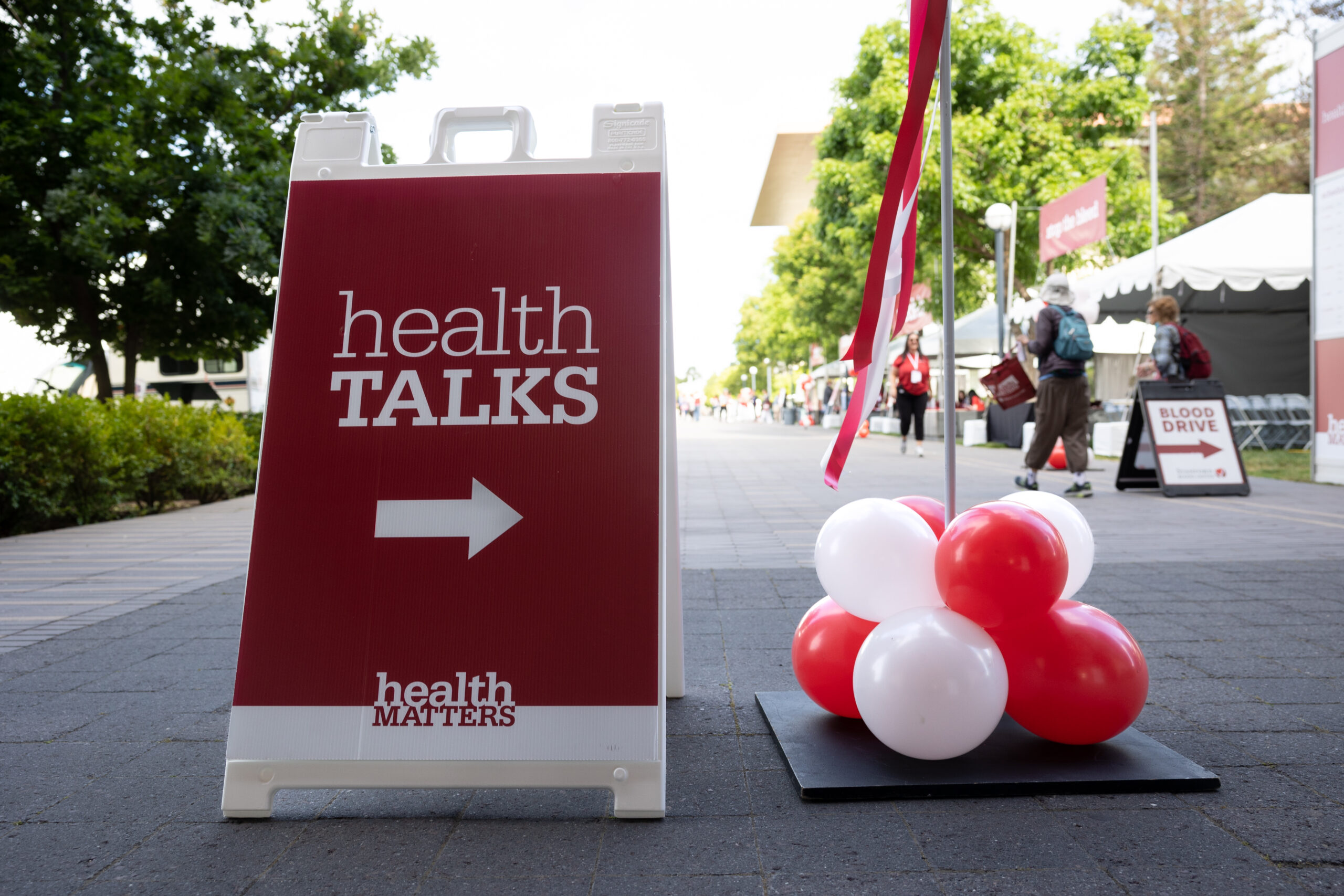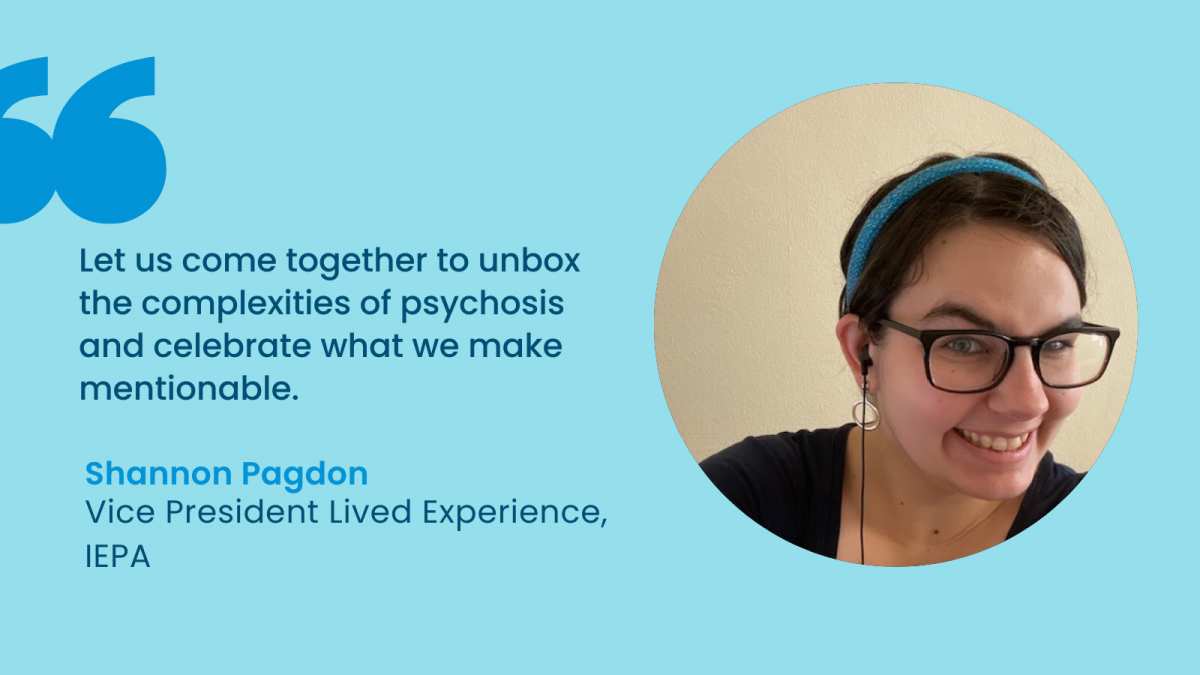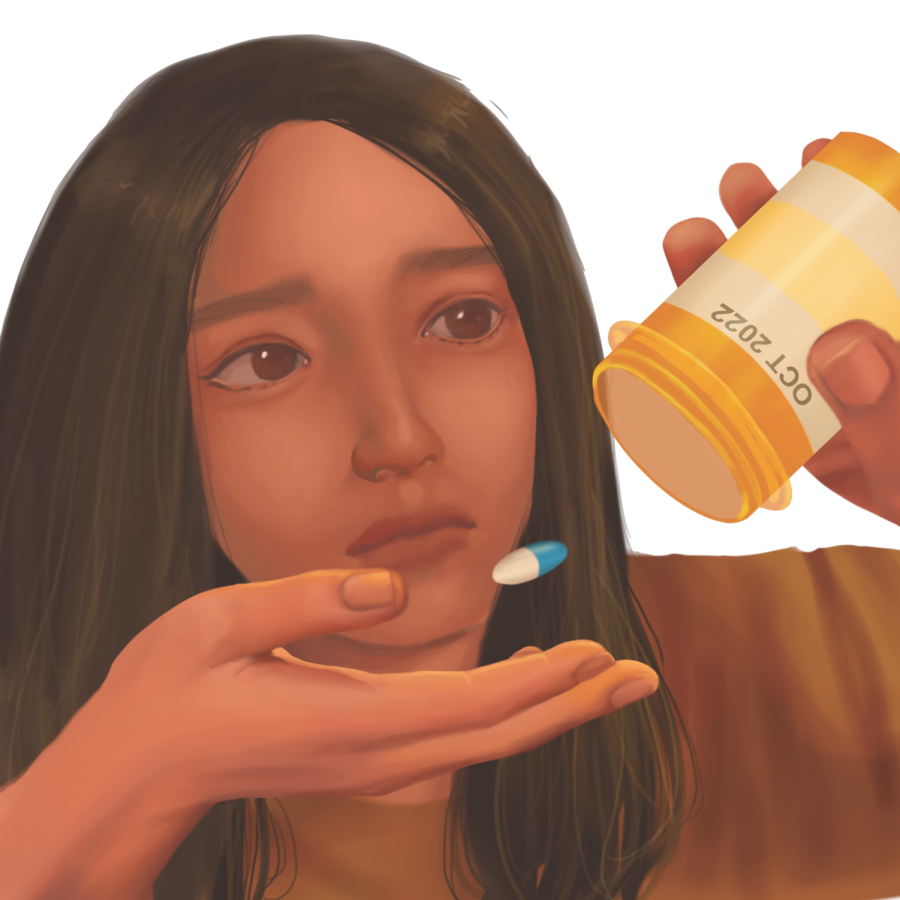News Mentions for the week of May 22, 2023
Our experts are often called upon to provide insight on current events and topics in the news. Here are some of the articles Stanford Psychiatry faculty have been interviewed for in recent weeks.
- Washington Post
How faith can get in the way of seeking mental health care
In some faith communities, people hesitate to get professional mental health care. Here are some ways to make the process of seeking care easier. Rania Awaad, clinical associate professor of psychiatry and behavioral sciences, and Taimur Kouser, an MD candidate at Stanford University School of Medicine and a researcher at the Stanford Muslim Mental Health & Islamic Psychology Lab, share advice in this column.
- Scope Blog - Stanford Medicine
Scientists talk aging, mental health and diet at Health Matters
Hundreds of members of the Stanford Medicine community and beyond gathered outside the Stanford School of Medicine's Li Ka Shing building for the annual Health Matters event on May 20. Attendees visited dozens of exhibits, petting therapy dogs, assuming a variety of yoga positions and learning how to cook plant-based meals. In three afternoon health talks, Stanford Medicine doctors and scientists spoke to the latest research on how to maintain a healthy body and mind. The focuses: aging and longevity, nutrition and new treatments for mental health. The team at YogaX and Nolan Williams, associate professor of psychiatry and behavioral sciences, participated in the activities and talks during the day.
- San Francisco Chronicle
Can Mayor Breed shut down S.F.’s ‘drug supermarkets’ in 90 days? Here’s what experts say
Board of Supervisors President Aaron Peskin is increasingly confronting Mayor London Breed over San Francisco’s escalating drug crisis, signaling an inflection point in the city’s struggle to contain its open-air drug markets and skyrocketing overdoses. Peskin demanded Tuesday that Breed shut down what he called “drug supermarkets” in 90 days — arguing the city has the resources to do so, but lacks the coordination and focus. Keith Humphreys, the Esther Ting Memorial professor of psychiatry and behavioral sciences, provides comment.
- NY Times
To Mute or Unfollow? Experts’ Tips for a Mindful Approach to Social Media
You don’t have to quit Instagram and TikTok cold turkey. Use these strategies — some practical, some more philosophical — to be online in a healthier or less harmful way. Nina Vasan, clinical assistant professor of psychiatry and behavioral sciences, provides comment.
- EverydayHealth.com
Possible Health Benefits of Hypnotherapy
Here’s how hypnotherapy, a form of hypnosis therapy, may help treat health concerns like anxiety, PTSD, chronic pain, smoking cessation, and more, when used in a clinical setting. David Spiegel, Willson Professor of psychiatry and behavioral sciences, is quoted.
- Brain & Behavior Research Foundation
Rapid-Acting Brain Stimulation Method May Reduce Major Depression by Reversing Information Flow Between Brain Regions
In their efforts to understand the beneficial effects of SAINT, an important new fast-acting brain stimulation treatment for refractory major depression, researchers now think they understand why it works, and for whom. Remarkably, they propose, the treatment works because it helps to reverse the direction of signaling within an important brain network that is likely out of synch in major depression. The finding has potentially significant implications for fitting patients to the treatment and for understanding depression more generally. Anish Mitra, postdoctoral fellow in psychiatry and behavioral sciences, and Nolan Williams, associate professor of psychiatry and behavioral sciences, are featured along with colleagues.
- Daily Breeze
Beach cities youth mental health center gets $6.3 million for permanent home
The Beach Cities Health District recently received a $6.3 million state grant that will help build a permanent home for its allcove Beach Cities youth mental health center. The funds, which come from the California Department of Health Care Services’ Behavioral Health Continuum Infrastructure Program, will specifically go toward constructing new youth wellness center in Redondo Beach. Steven Adelsheim, director of the Stanford Center for Youth Mental Health and Wellbeing and clinical professor of psychiatry and behavioral sciences, is quoted.
- NBC Bay Area
A Closer Look: Nation's Top Doctor's Social Media Warning
A new warning came in from the nation’s top doctor. Not about smoking, or a new disease, but about social media. NBC Bay Area’s Audrey Asistio spoke to Anna Lembke, professor of psychiatry and behavioral sciences, for some insight.
- Washington Post
The Spike in Child Mortality Won’t Go Away on Its Own
It will take a concerted effort to reverse pandemic-era increases in suicides, murders, overdoses and accidents. Keith Humphreys, the Esther Ting Memorial professor of psychiatry and behavioral sciences, is quoted.
- IEPA
Unboxing Psychosis: Making Mental Health Mentionable
This IEPA post, written by Shannon Pagdon, clinical research coordinator associate of psychiatry and behavioral sciences, encourages an open door to honest conversations about psychosis and working toward acknowledging inclusive approaches to mental health. It also discusses the creation of "Outside the Box," a project which has gathered 250 real first-person narratives of living with psychosis to date.
- San Francisco Chronicle
Doctors said my son’s bipolar disorder couldn’t be healed by diet. They were wrong
Ketogenic diets remain controversial, and the internet is rife with claims warning of long-term damage to health. But countervailing evidence is accumulating in cardiovascular disease, Type 2 Diabetes, kidney disease and cancer. A “metabolic” approach to mental disorders is catching on at leading institutions. Shebani Sethi, clinical assistant professor of psychiatry and behavioral sciences, is quoted.
- Verde Magazine
Absence of Adderall: Prescription shortage complications
According to the FDA, the shortage is a result of production delays that coincided with a rise in diagnosis following the COVID-19 pandemic. For some, the pandemic-induced hours spent in front of screens amplified any symptoms of excessive attention deficit. Gisela Sandoval, clinical associate professor of psychiatry and behavioral sciences, provides comment.
- San Francisco Chronicle
California’s fentanyl problem is getting worse. Nobody is sure what to do
California has allocated more than $1 billion in recent years to combat its opioid crisis. Much of the money has been used to distribute fentanyl test strips and the overdose reversal drug naloxone, as well as deliver medical care to people who are homeless. The state has an opioid awareness campaign tailored to youths and recently called on the National Guard to help detect drug traffickers. Yet the problem keeps getting worse. Keith Humphreys, the Esther Ting Memorial professor of psychiatry and behavioral sciences, provides comment.
- KSBW
Youth Mental Health: Social media is not real life
It can be a positive way to stay connected, but far too often, it can disintegrate into a cesspool of nasty negativity. #GoodforMEdia, a group created by young people, working with Stanford Psychiatry’s Center for Youth Mental Health and Wellbeing, is featured in this article.













